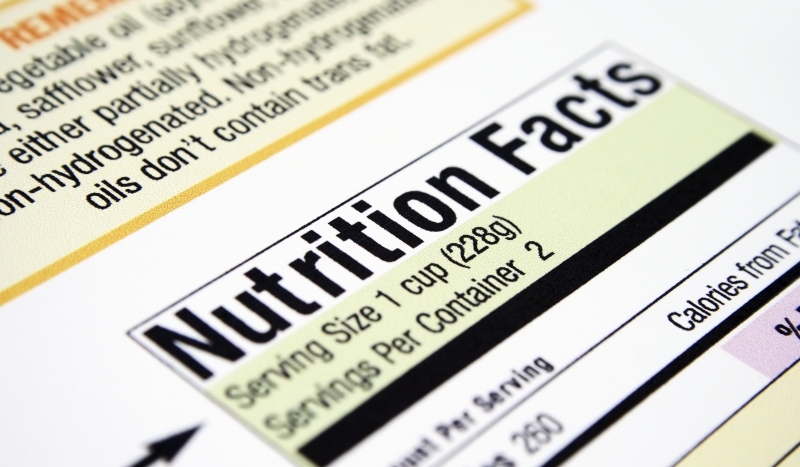ISSN Position on Energy Drinks

Energy drinks are becoming increasingly popular, especially among teens and young adults.
However many consumers are questioning the associated health claims and also the effects when it comes to exercise and regular consumption.
The International Society of Sports Nutrition evaluated available scientific literature to make recommendations about energy drinks and to address exercise performance and safety.
It is important to note the differences between sports drinks, energy shots, and energy drinks. Sports drinks are designed to rehydrate and usually contain carbohydrates and electrolytes like magnesium, calcium, potassium, and sodium.
Energy shots, generally only two to four ounces, contain caffeine, carbohydrates, and nutrients. Energy drinks contain caffeine, nutrients, and usually have more carbohydrates than sports drinks. Energy drinks and energy shots both have the potential to affect concentration and a person's capacity for exercise.
After careful evaluation, the ISSN released the following recommendations:
1. Although ED and ES contain a number of nutrients that are purported to affect mental and/or physical performance, the primary ergogenic nutrients in most ED and ES appear to be carbohydrate and/or caffeine.
2. The ergogenic value of caffeine on mental and physical performance has been well-established but the potential additive benefits of other nutrients contained in ED and ES remains to be determined.
3. Consuming ED 10-60 minutes before exercise can improve mental focus, alertness, anaerobic performance, and/or endurance performance.
4. Many ED and ES contain numerous ingredients; these products in particular merit further study to demonstrate their safety and potential effects on physical and mental performance.
5. There is some limited evidence that consumption of low-calorie ED during training and/or weight loss trials may provide ergogenic benefit and/or promote a small amount of additional fat loss. However, ingestion of higher calorie ED may promote weight gain if the energy intake from consumption of ED is not carefully considered as part of the total daily energy intake.
6. Athletes should consider the impact of ingesting high glycemic load carbohydrates on metabolic health, blood glucose and insulin levels, as well as the effects of caffeine and other stimulants on motor skill performance.
7. Children and adolescents should only consider use of ED or ES with parental approval after consideration of the amount of carbohydrate, caffeine, and other nutrients contained in the ED or ES and a thorough understanding of the potential side effects.
8. Indiscriminant use of ED or ES, especially if more than one serving per day is consumed, may lead to adverse events and harmful side effects.
9. Diabetics and individuals with pre-existing cardiovascular, metabolic, hepatorenal, and neurologic disease who are taking medications that may be affected by high glycemic load foods, caffeine, and/or other stimulants should avoid use of ED and/or ES unless approved by their physician.
The ISSN is a non-profit academic society dedicated to promoting the science and application of evidence-based sports nutrition and supplementation.
Reference:
- Bill Campbell, Colin Wilborn, Paul La Bounty, Lem Taylor, Mike T Nelson, Mike Greenwood, Tim N Ziegenfuss Hector L Lopez, Jay R Hoffman, Jeffrey R Stout, Stephen Schmitz, Rick Collins, Doug S Kalman, Jose Antonio, and Richard B Kreider. International Society of Sports Nutrition position stand: energy drinks (2013, January 23). Journal of the International Society of Sports Nutrition. Retrieved January 8, 2013 from http://www.jissn.com/content/10/1/1 - B7




